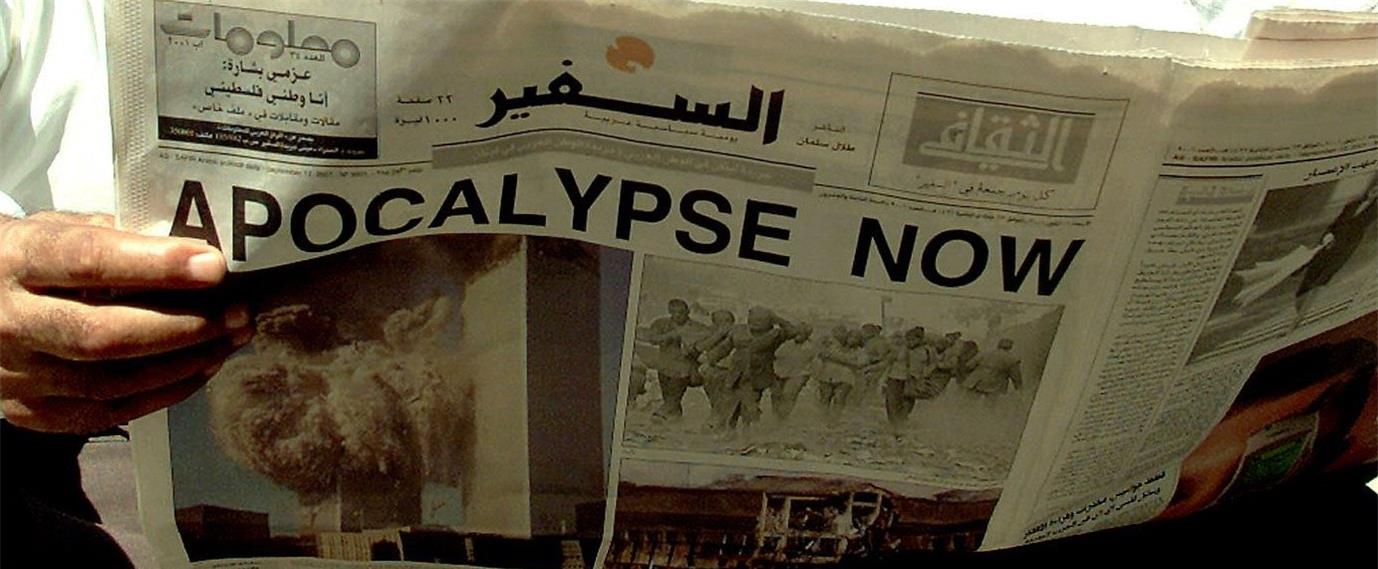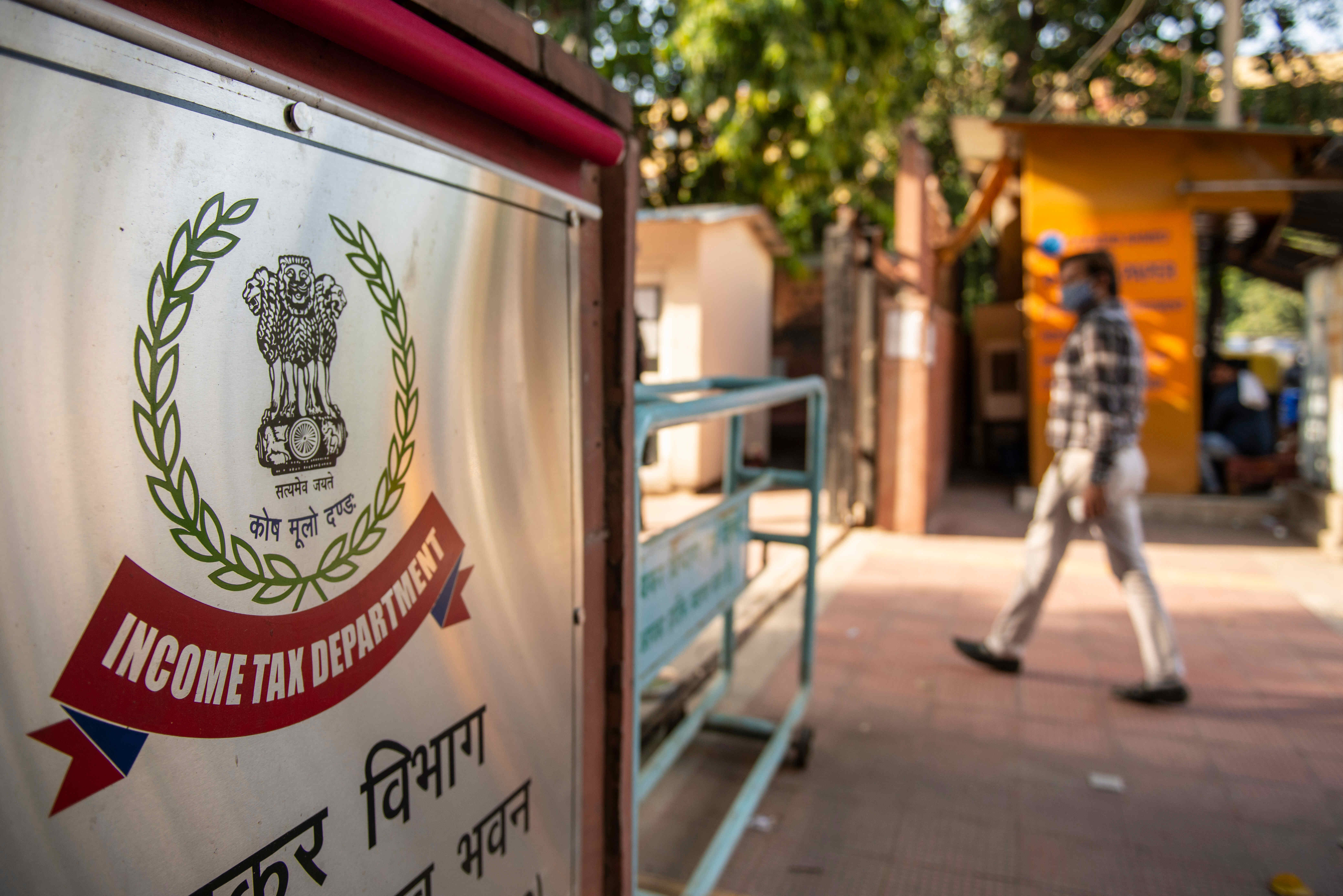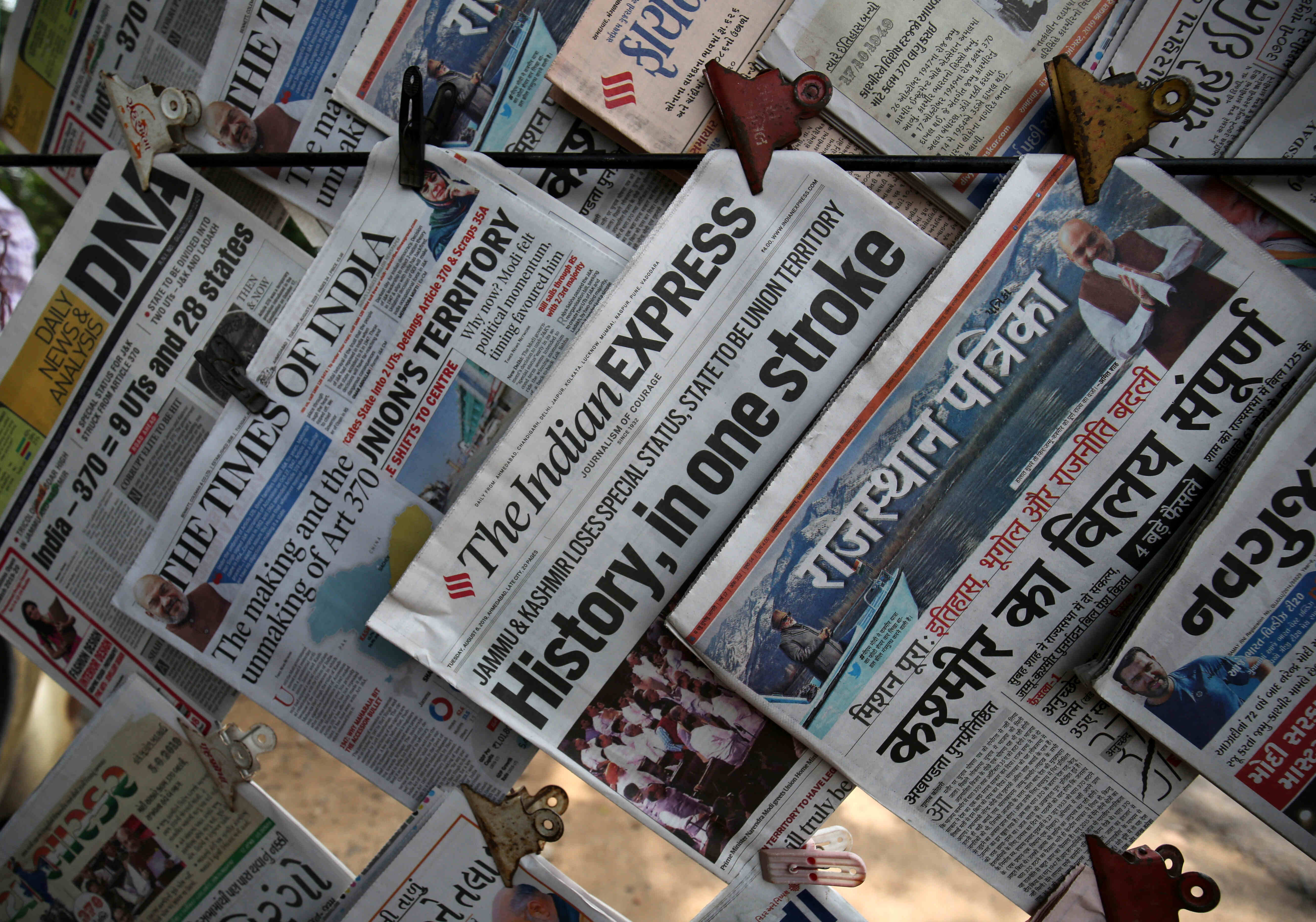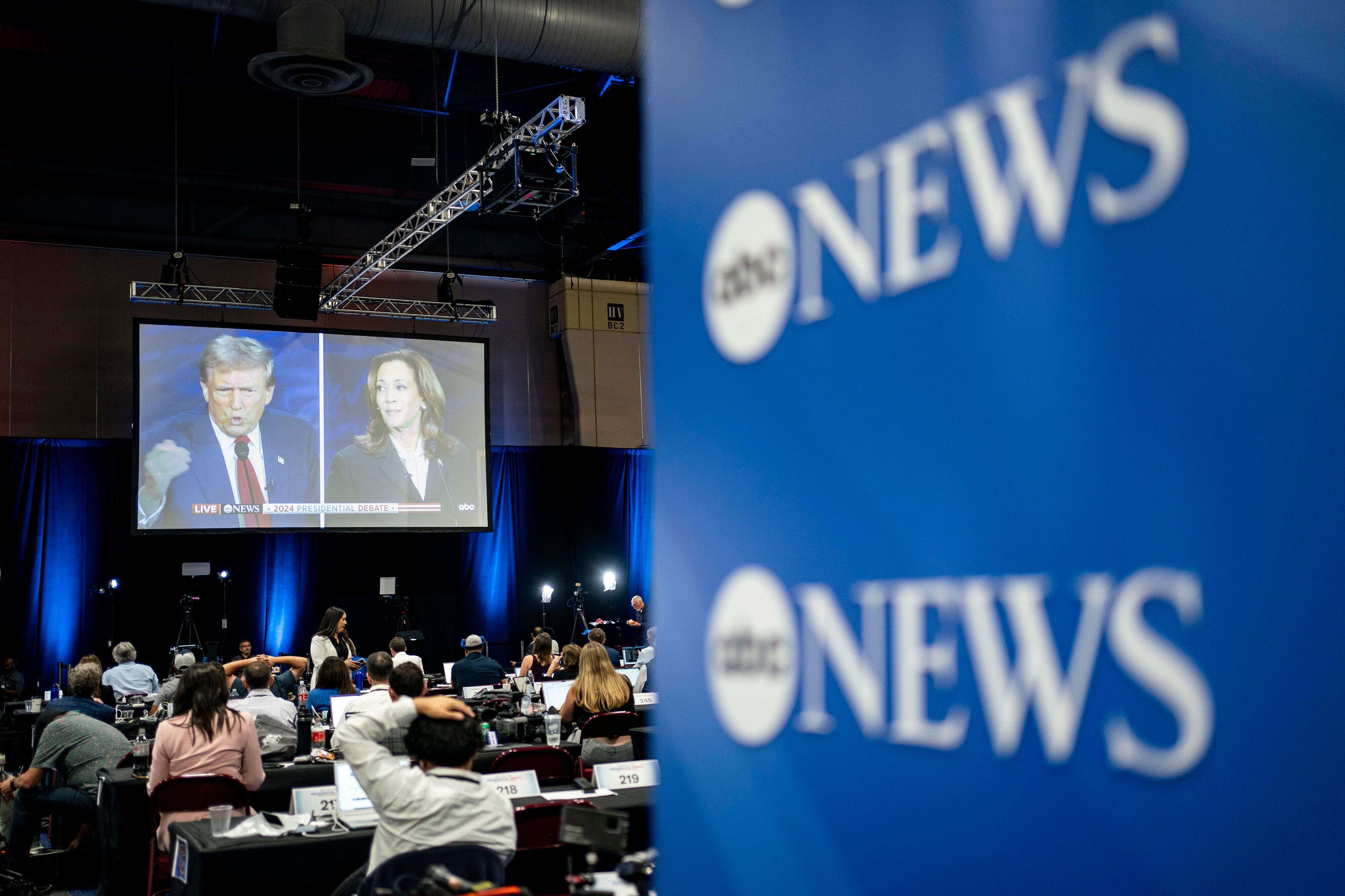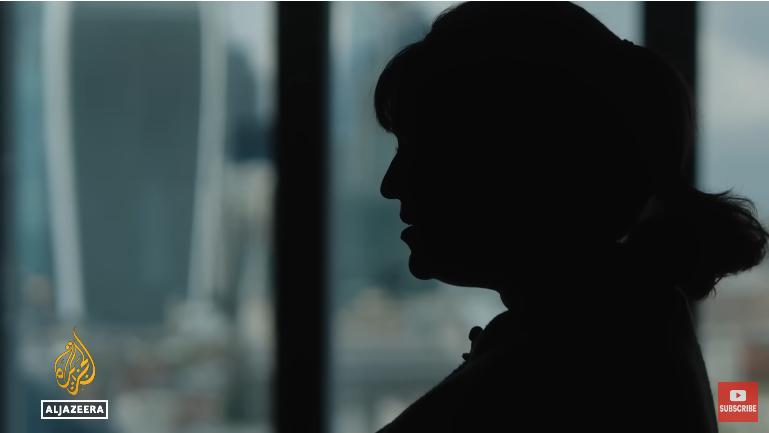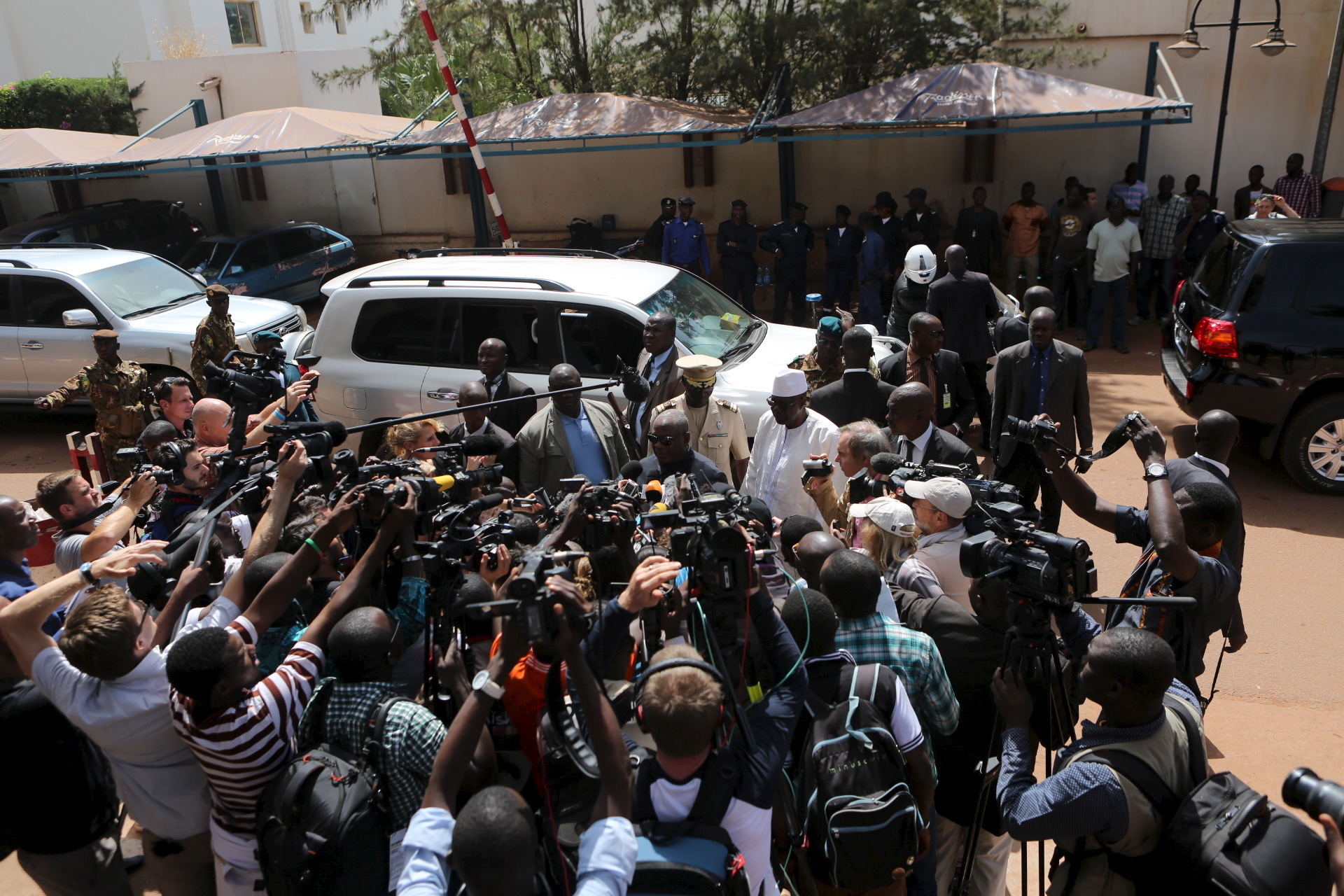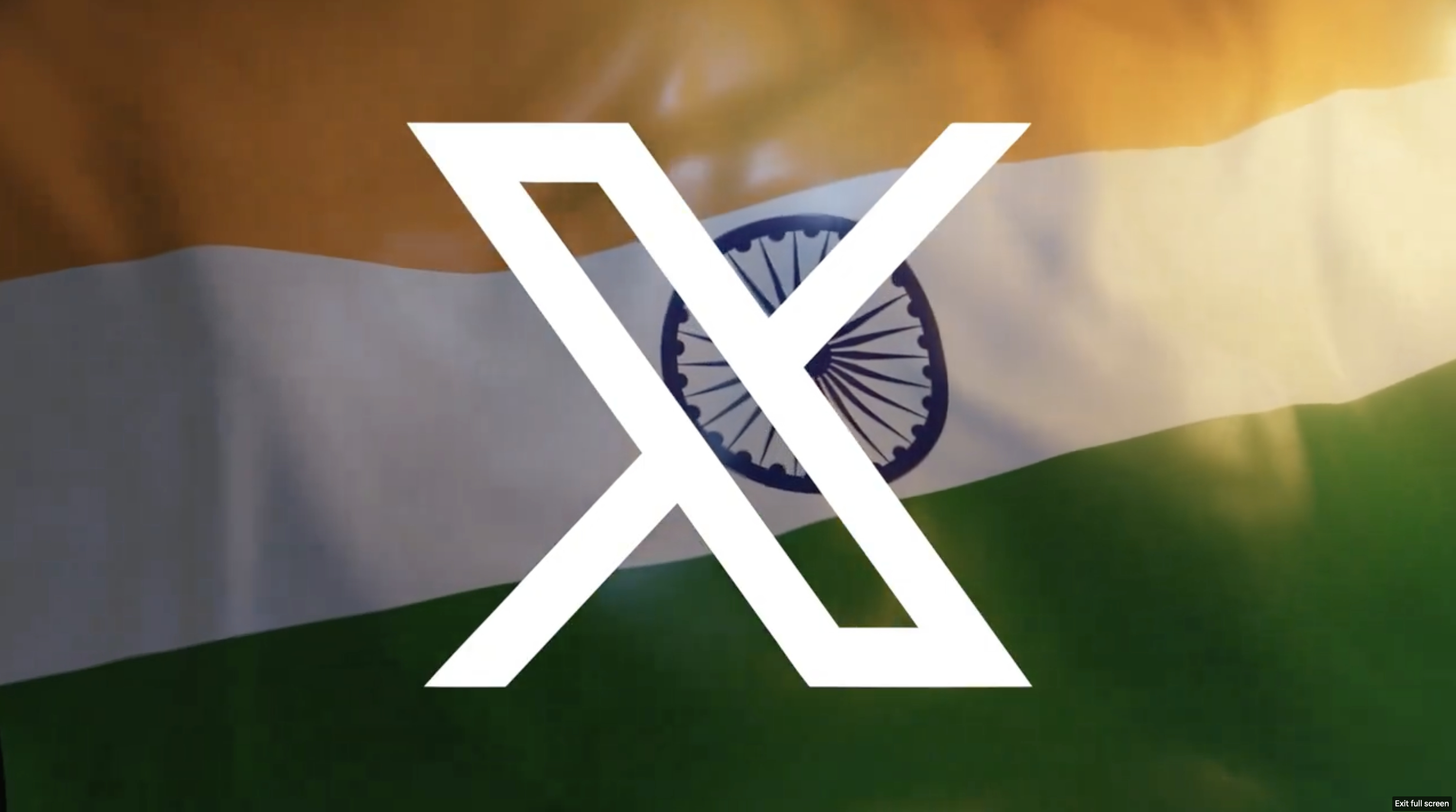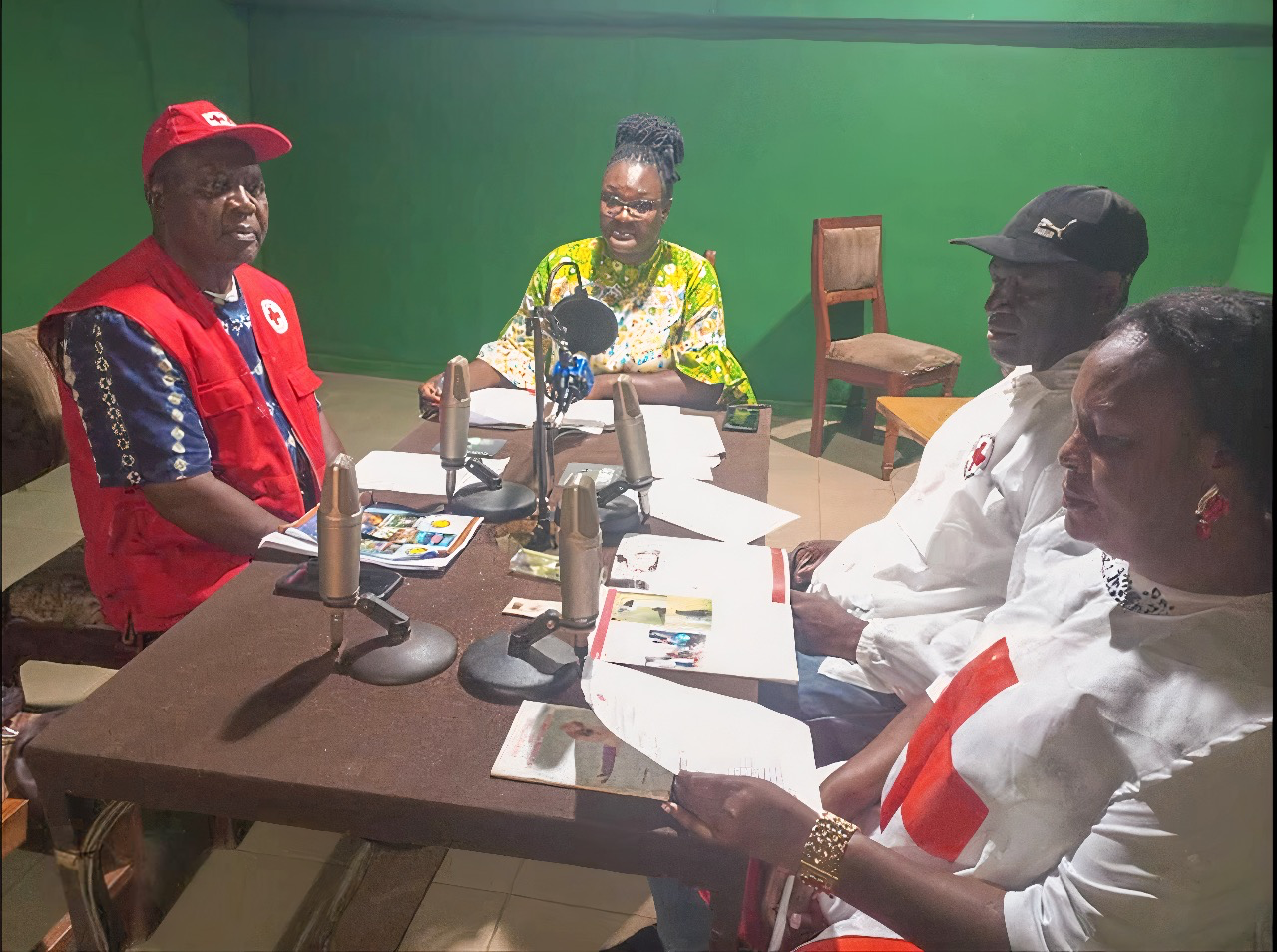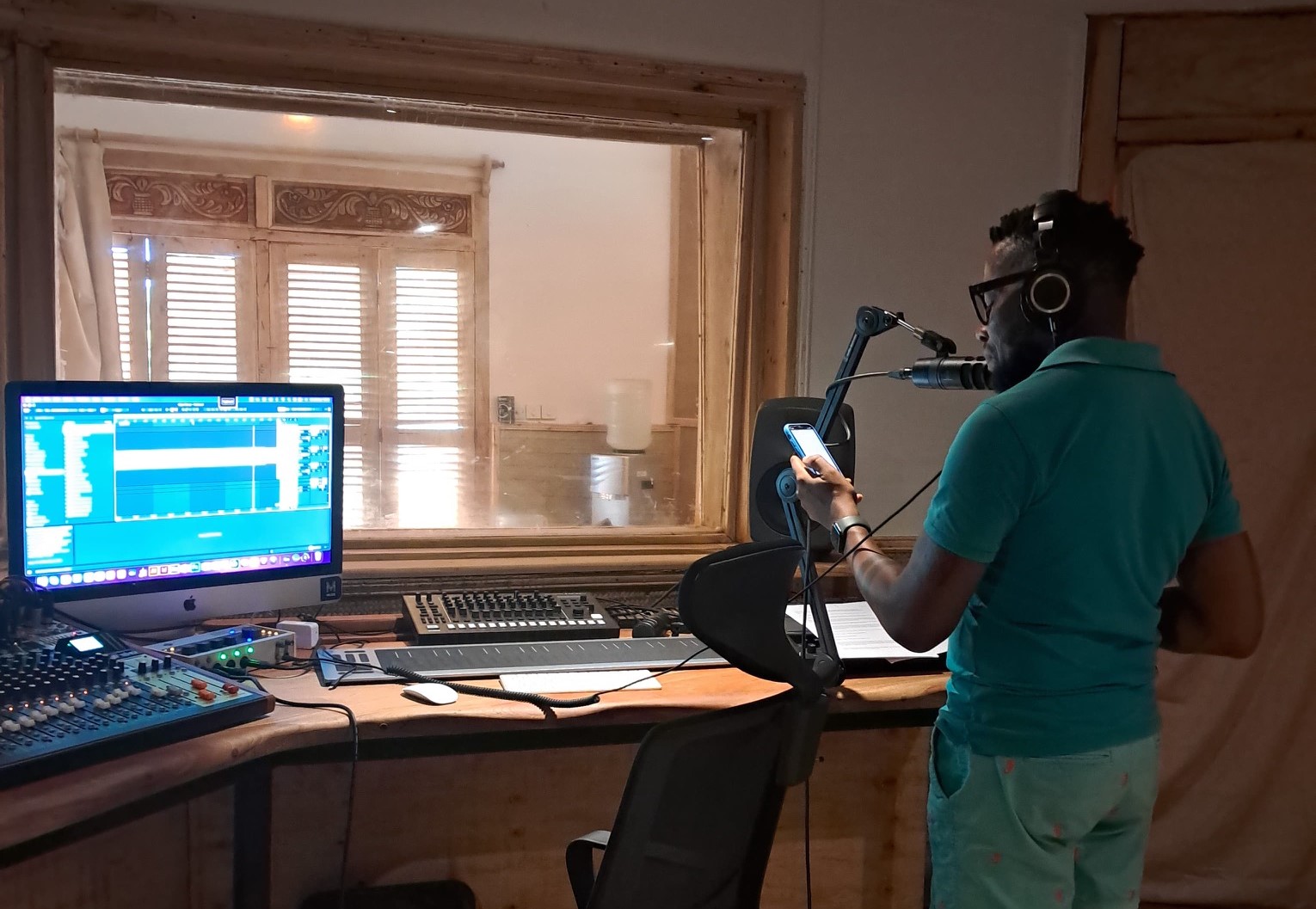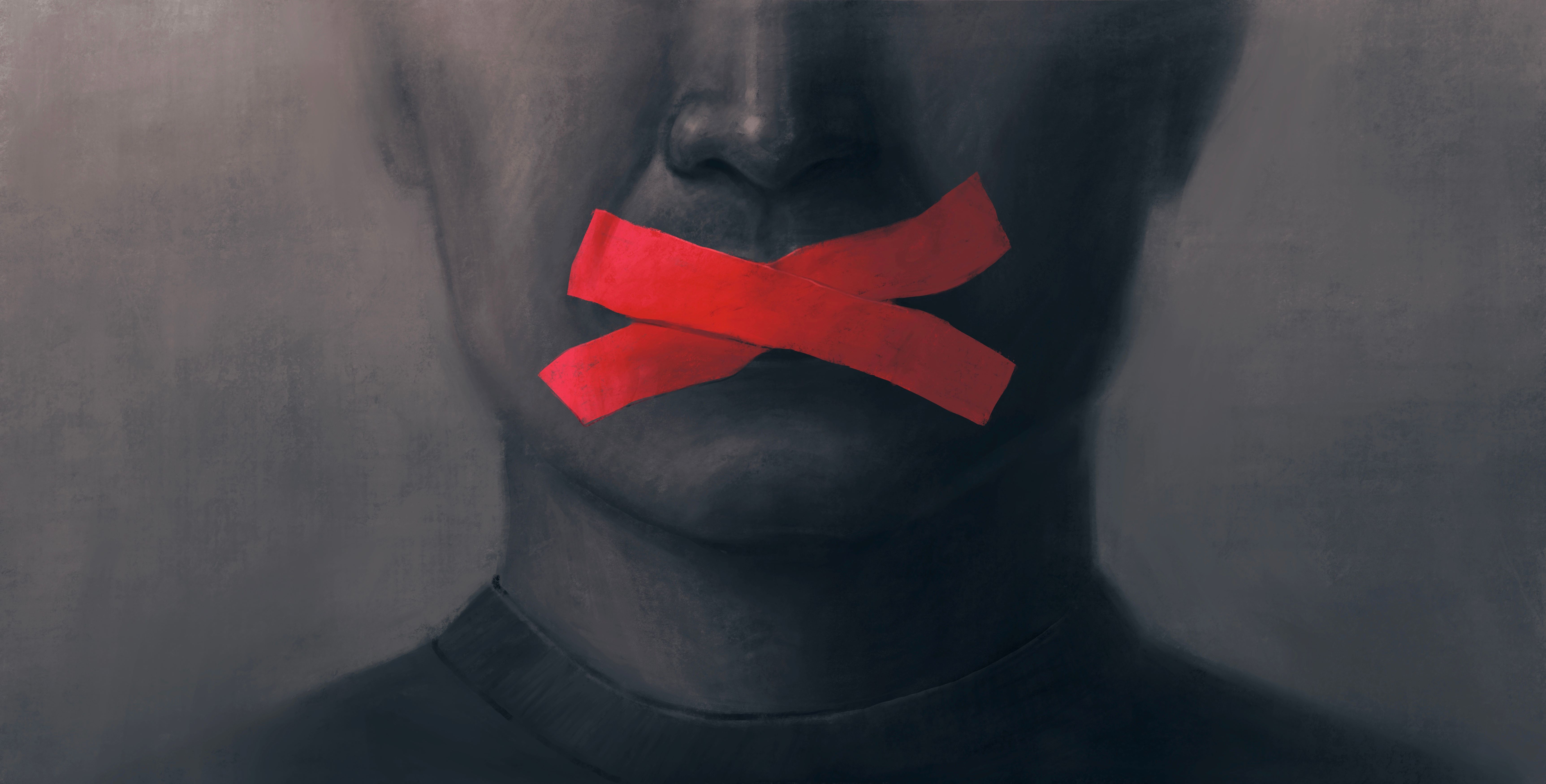ضجّ المشهد الإعلامي العالمي في السنوات الأخيرة بقرارات صحف عدة إيقاف طبعتها الورقية، كان آخرها إعلان صحيفة "ذي إندبندنت" البريطانيّة الشهر الماضي نيتها إيقاف الطبعة الورقية بدءاً من شهر مارس/آذار الجاري. وقد سبقها إعلان مجلّة "نيوزويك" إيقاف نسختها الورقيّة في العام 2012، لتعود وتصدرها في العام 2014.
عربياً، بدأت أصداء هذه الموجة بالوصول منذ سنوات، حيث تشهد الكثير من المطبوعات الورقية أزمات مالية كبرى، آخرها ما رشح في منتصف شهر مارس/آذار عن قرار صحيفة السفير اللبنانية إيقاف طبعتها الورقية، بمناسبة الذكرى الثالثة والأربعين لانطلاقتها، بسبب مواجهتها "ظروفاً وتحديات صعبة" كما جاء في رسالة داخلية وجهتها إدارة "السفير" للعاملين فيها.
وممّا جاء في الرسالة.. "صحيح أن السفير قد عاشت في قلب الصعوبة دائماً إلا أن الظروف قد اختلفت خاصة في ظل ثورة المعلومات (كمواقع التواصل الاجتماعي)، فضلاً عن تبدل الأحوال في طول الوطن العربي وعرضه، ونحو الأسوأ، مع الأسف. كذلك فإن الظروف السياسية والاقتصادية فاقمت الأزمة، لا سيما أنها قد انعكست على الدخل الإعلاني وعلى الاشتراكات وصولاً إلى البيع".
وتابعت الرسالة شارحة التوجهات المستقبلية.. "في مواجهة هذا الواقع الصعب والمرشح بأن يزداد صعوبة في المرحلة المقبلة، كان من الطبيعي أن يبادر مجلس الإدارة في السفير إلى طرح الاحتمالات جميعاً للنقاش، بما فيها خيار التوقف عن الصدور".
يقول أحد المطلعين على أوضاع الصحافة اللبنانية إن قرار "السفير" سببه اقتصادي بالدرجة الأولى، وهو يأتي في امتداد محاولات إدارة الصحيفة تدارك عجزها العام الماضي والذي اتخذ شكل رفع سعر النسخة من ألف ليرة (0.6 دولار) إلى ألفي ليرة (1.3 دولار)، فضلاً عن خفض عدد الصفحات من 20 إلى 16 صفحة، دون جدوى.
ويضيف المصدر أن السنوات الماضية شهدت تراجعاً كبيراً في مداخيل "السفير" وغيرها من الصحف اللبنانية، ترافق مع عجز المواقع الإلكترونية التي أنشاتها لتوفير نسخة رقمية من المطبوعة، عن توفير مداخيل تغطي الكلفة الزائدة.
نقابة المحررين تبحث أزمة الصحف
وكان مجلس نقابة محرري الصحافة اللبنانية قد عقد اجتماعاً استثنائياً برئاسة النقيب إلياس عون وحضور الأعضاء ومحامي النقابة، لبحث "الأزمة المستجدة في عدد من الصحف التي لوَّحت بوقف الصدور، أو باتخاذ إجراءات تطاول العاملين فيها، نتيجة الأزمة الحادة التي تعاني منها الصحافة الورقية، هذه الصحافة التي تشكل ذاكرة لبنان الوطنية والثقافية والاجتماعية".
وبعد التداول والمناقشة قرّر المجلس "التصدي للأزمة بتحرك واسع من خلال عقد اجتماعات مع رئيسي المجلس النيابي والحكومة ووزيري الإعلام والعمل للبحث في وسائل تأمين ديمومة عمل الصحافة اللبنانية واستمراريتها، إلى جانب عقد اجتماع طارىء مع نقابة الصحافة لتنسيق المواقف والاتفاق على خطة عمل لإنقاذ الصحافة الورقية".
ولفتت النقابة إلى أنها ستتخذ كل الإجراءات الضرورية لتأمين ديمومة عمل الزملاء والتصدي لأي عملية صرف تعسفي، داعية أصحاب الصحف إلى التريُّث في اتخاذ أي خطوات متسرِّعة بانتظار البحث عن حلول مشتركة.
كما أكد وزير الإعلام رمزي جريج غداة انتهاء أول جلسة لمجلس الوزراء بُعيد الإعلان عن أزمة السفير، أنه عرض على مجلس الوزراء الأزمة التي تقع بها بعض الصحف المطبوعة ، وأبلغ المجلس بأنه سيقوم بالاتصالات اللازمة من أجل مساعدتهم على تجاوز هذه الأزمة، ثم سيعرض تصوراً معيناً على مجلس الوزراء، على حدّ قوله.
